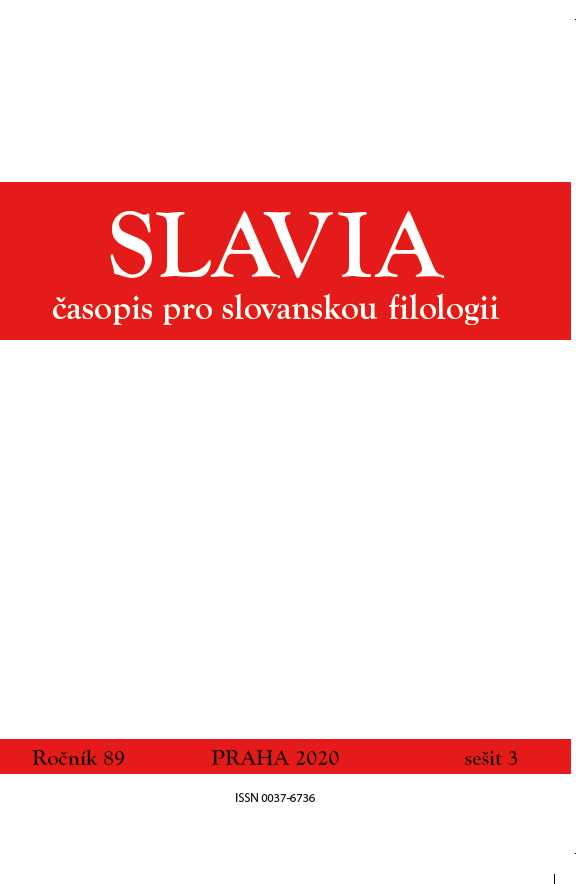Folie à deux: The Use of Folly in the Works of Marin Držić and William Shakespeare
Folie à deux: The Use of Folly in the Works of Marin Držić and William Shakespeare
Author(s): Martina PranićSubject(s): Theatre, Dance, Performing Arts, Croatian Literature, British Literature
Published by: AV ČR - Akademie věd České republiky - Slovanský ústav and Euroslavica
Keywords: early modern literature; early modern theatre; folly; William Shakespeare; Marin Držić; Croatian literature; English literature
Summary/Abstract: This article juxtaposes the use of folly as a way of understanding in the works of two early modern playwrights, Marin Držić and William Shakespeare, who have often been likened using more traditional comparative methods. Despite the fact they emerge from different cultural, linguistic and generic traditions, Držić and Shakespeare share a typical early modern inclination for employing folly in ways that challenge the rigid certainties of the world around them and uncover modes of thinking capable of tackling the inconsistencies of day-to-day existence. The period in which Držić and Shakespeare were writing their plays particularly favoured the expression of folly; by the time they penned their plays, Desiderius Erasmus’s Praise of Folly had already become a publishing sensation. It beguiled audiences with a paradoxically seriocomic view of life, and ushered in a way of thinking witnessed in the ubiquity of literary, theatrical and philosophical works that employ folly. The article argues for the importance of an Erasmian inheritance in both Držić and Shakespeare – a vibrant awareness of the paradoxical wisdom of folly – and presents Marin Držić as an astute observer of the world and a philosopher of folly in touch with some of the subtlest intellectual achievements of the age.
Journal: Slavia - časopis pro slovanskou filologii
- Issue Year: LXXXIX/2020
- Issue No: 3
- Page Range: 290-306
- Page Count: 17
- Language: English
- Content File-PDF

